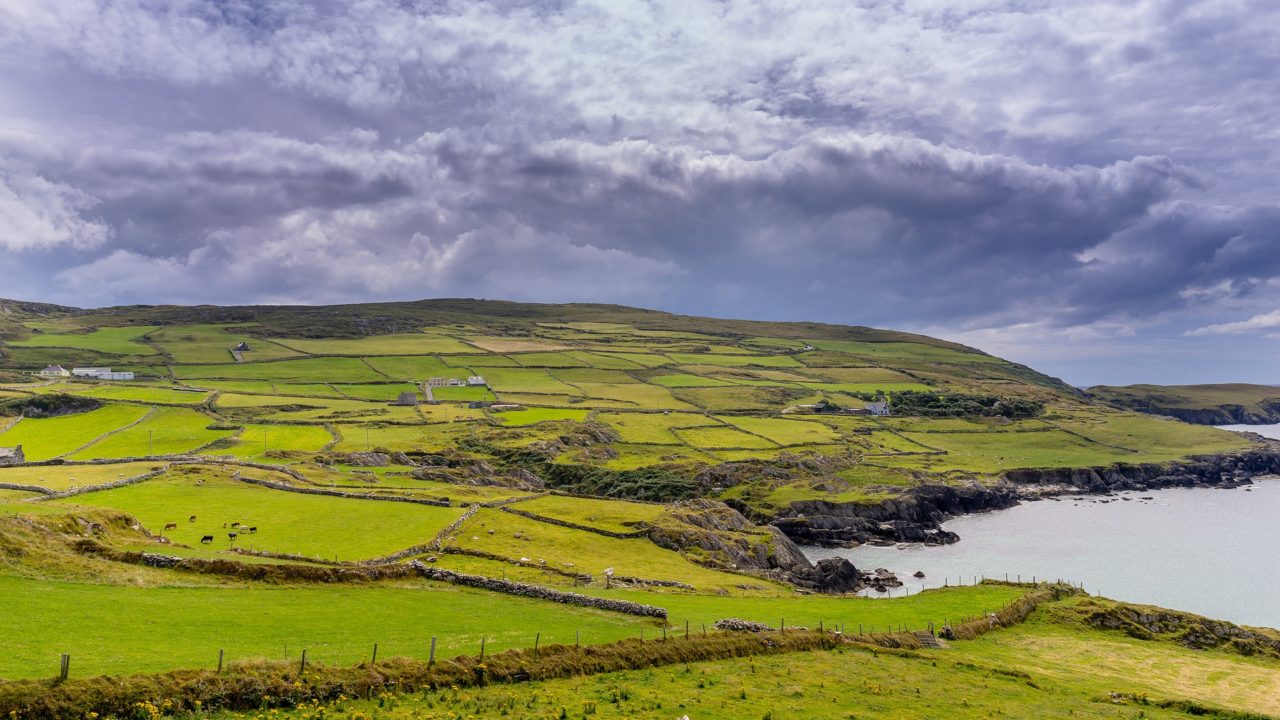Participation in the Agri Climate Rural Environment Scheme (ACRES) will play out “very costly” for farmers carrying out scheme actions in order to draw down funding, the president of the Irish Farmers’ Association (IFA), Tim Cullinan has said.
There are massive concerns among farmers on how the €1.5 billion environmental scheme is being developed and rolled out at farm level, the IFA president said.
Cullinan was among a panel of farm organisations speaking to Agriland editor, Stella Meehan at the National Ploughing Championships in Ratheniska, Co. Laois today (Tuesday, September 20).
The IFA recently met with Minister for Agriculture, Food and the Marine, Charlie McConalogue, to discuss the issue of participation costs, with the objective of achieving scheme amendments.
“This was a very challenging Common Agricultural Policy (CAP) and a lot of farmers were very concerned in particular with the moving of funding from the productive sector to the less productive sector,” the IFA president said.
“What I mean by this is that we are dealing with with convergence now going from 66% to 85% and for the first time ever we have the Complementary Income Support for Sustainability (CRISS), front loading, and eco schemes,” he said.
While Ireland’s CAP Strategic Plan has recently been adopted by the European Commission, and is yet to be brought before government, Cullinan said he believes the plan is similar to initial proposals.
ACRES
Farm organisations also discussed the 25% emissions reduction target for the agriculture sector as announced by government in July 2022, highlighting the options of solar panels and biogas production.
The IFA, the Irish Cattle and Sheep Farmers’ Association (ICSA), and the Irish Creamery Milk Suppliers’ Association (ICMSA), agreed on Minister McConalogue’s role in supporting farmers in the Budget next week.
ICMSA president, Pat McCormack said it is absolutely critical that the new CAP provides for a meaningful dairy calf-beef scheme. He added that the government had a commitment to have a Rural Environmental Protection Scheme (REPS)-type scheme, saying:
“In the 90s, farmers and the rural economy benefitted from REPS-type schemes. With the ACRES scheme now, it is very hard to quantify any benefit for either the farmer or the local economy.
“There is a huge opportunity out there on farms with the infrastructure to put solar panels on every roof. However, the frustration from an agricultural perspective is that this won’t be accounted for in the agricultural inventory.
“We are condemned for what we do and if we make changes there is no benefit in it for us. That inventory has to be altered, we need to get Environmental Protection Agency (EPA) recognition,” the ICMSA president said.
